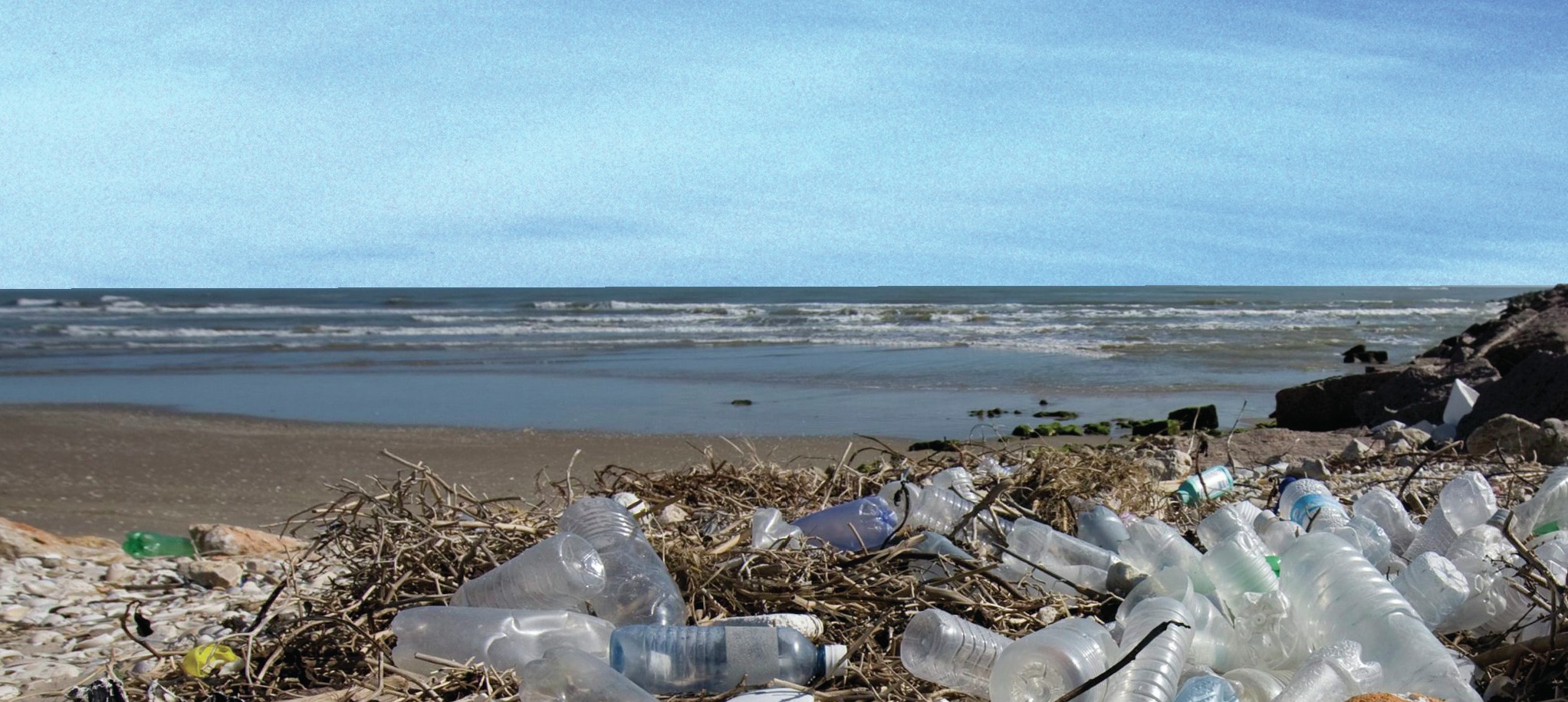
Synthetic polymers are fundamental to our current lifestyle: packaging, adhesives, clothes, medical devices; so much stuff is made from polymers it is impossible to list it all. But such large-scale use has brought problems. The petrochemicals that many polymers are made from are finite, so we can expect them to become increasingly expensive as we use them up, and their use is associated with greenhouse gas emissions. The long-lasting nature of many polymers also means that waste can be an issue when they are not properly disposed of. So how can we make plastics more sustainable? One alternative is renewable polymers made from plants.
The word polymer comes from the Greek poly, meaning many, and meros, meaning part. Polymers are large molecules made by joining together smaller molecules called monomers. The same monomer can be repeated over again, such as in the polymer you are most likely to have come across, poly(ethene) (also known as polyethylene or polythene). Poly(ethene) is made by polymerisation of ethene:
Your organisation does not have access to this article.
Sign up today to give your students the edge they need to achieve their best grades with subject expertise
Subscribe




